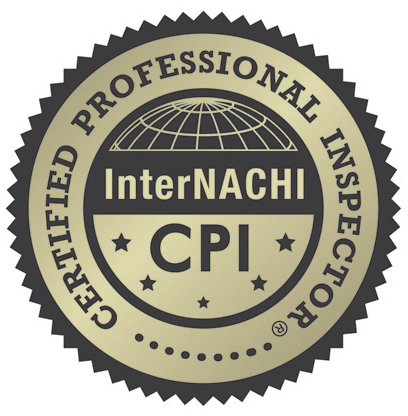I think it’s a safe bet you want more….and here’s why!
Most reputable home inspectors work by ASHI (American Society of Home Inspector) or InterNACHI standards. These guidelines are meant to protect consumers like you and ensure a quality home inspection.
But when you’re making the biggest purchase of your life, here’s the thing you should know. They may not be “enough.” When you’re interviewing potential home inspectors (and yes you should do that!), here are some areas where you might want more than the bare minimum:
- Window Operation: Inspectors are only required to open one window in each room. Wouldn’t you like to be sure that on the first spring day that every window actually opens and operates correctly?
- Electrical Outlets: Again these guidelines require only one electrical outlet in each room be checked. The “theory” is that if one functions properly, they all do. Electrical problems can be expensive to repair and jeopardize the safety of your family. Is that a risk you want to take?
- Attics & Crawl Spaces: The standards require that an inspector “look in them.” They are not required to actually “enter them.” When an inspector physically gets into the attic they gain the opportunity to identify things like roof leaks and mold issues. Again, things you’d likely want to know about before finalizing the purchase.
- Roof Inspection: Inspectors are not required to physically “walk” on the roof. This can be a pretty important component of the inspection to identify shingle life and flashing issues. In some cases, it’s not physically safe for the inspector to do so but in others, it can be an easy excuse to skip this critical part. (Note: Many of the best quality inspectors are now using drones to complete roof inspections for challenging conditions so be sure to ask if they have a drone when you’re interviewing them).
Bottom line: these industry standards are a great starting point for a home inspection. Inspectors using these guidelines can give buyers a pretty good feel about the overall condition of the home. But if you really want to know the details on what you’re buying, find an inspector who cares more about doing the right thing for you than one who does the bare minimum so they can move on to the next job.
You may need to look a little harder and ask some good questions, but I assure you they’re out there!
And if you’re in the Central Illinois area, check us out at millerbuildinginspections.com




